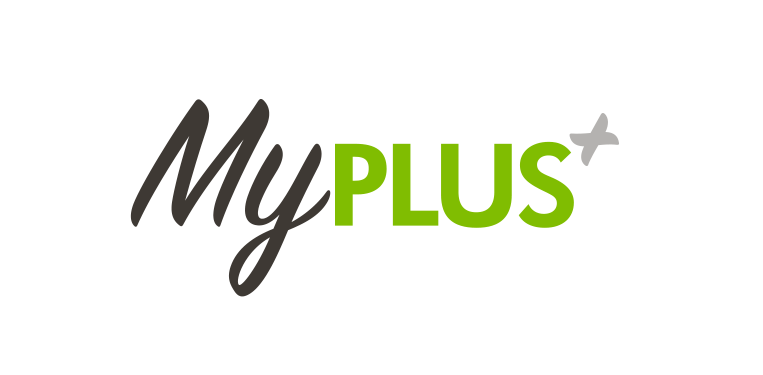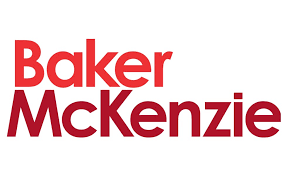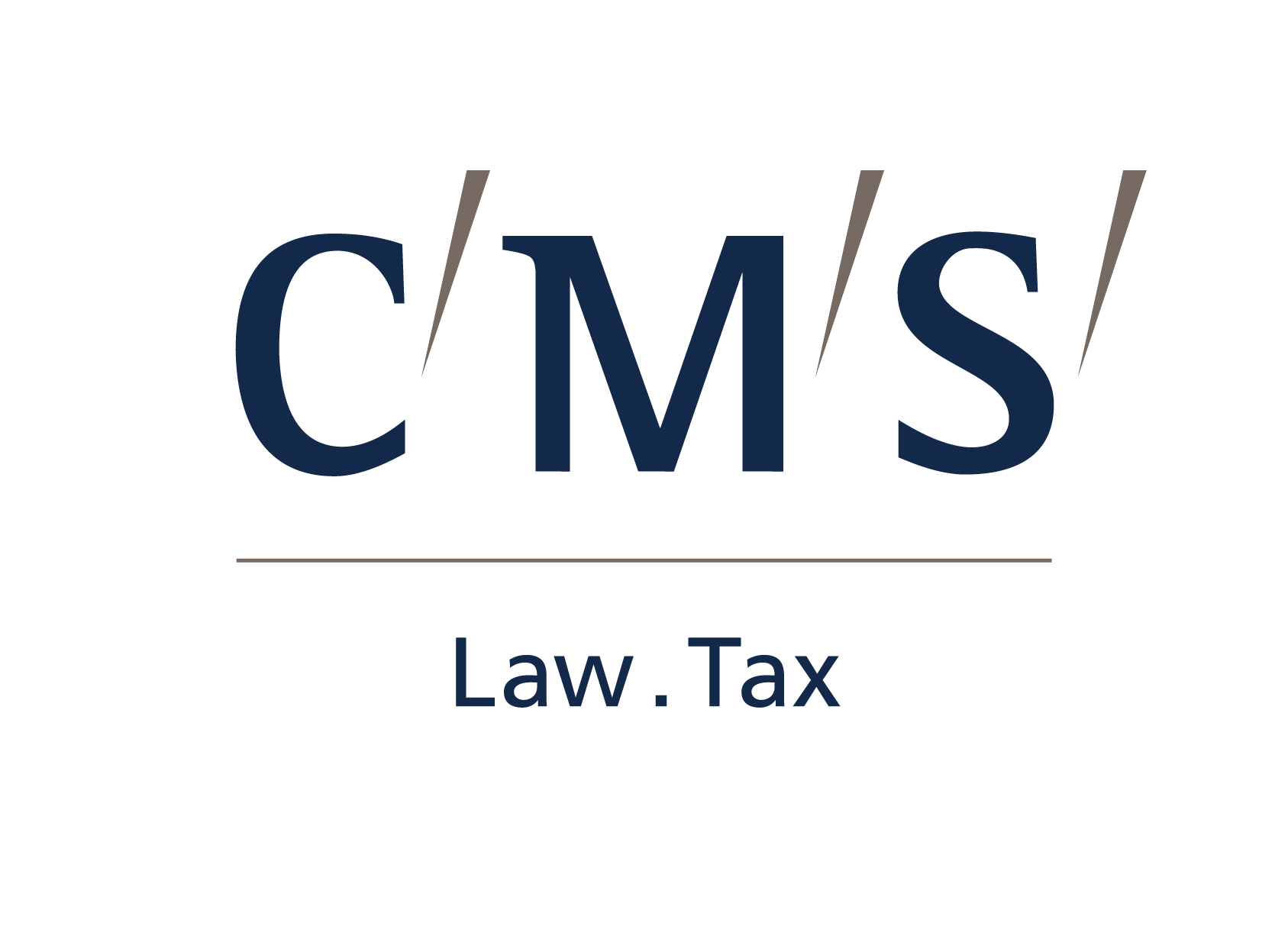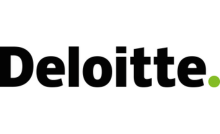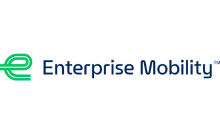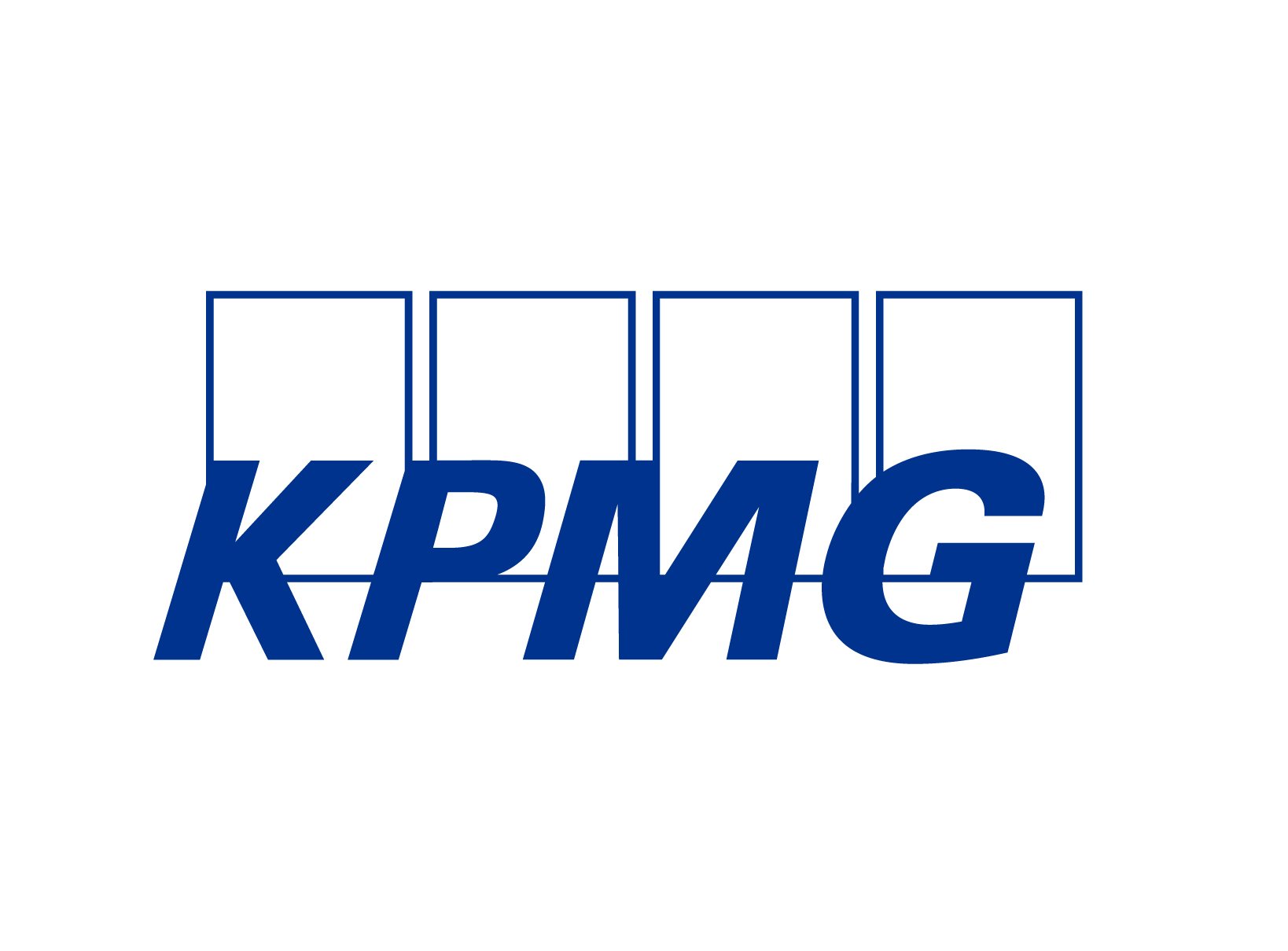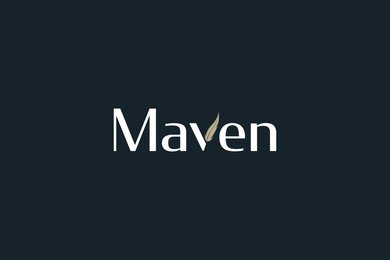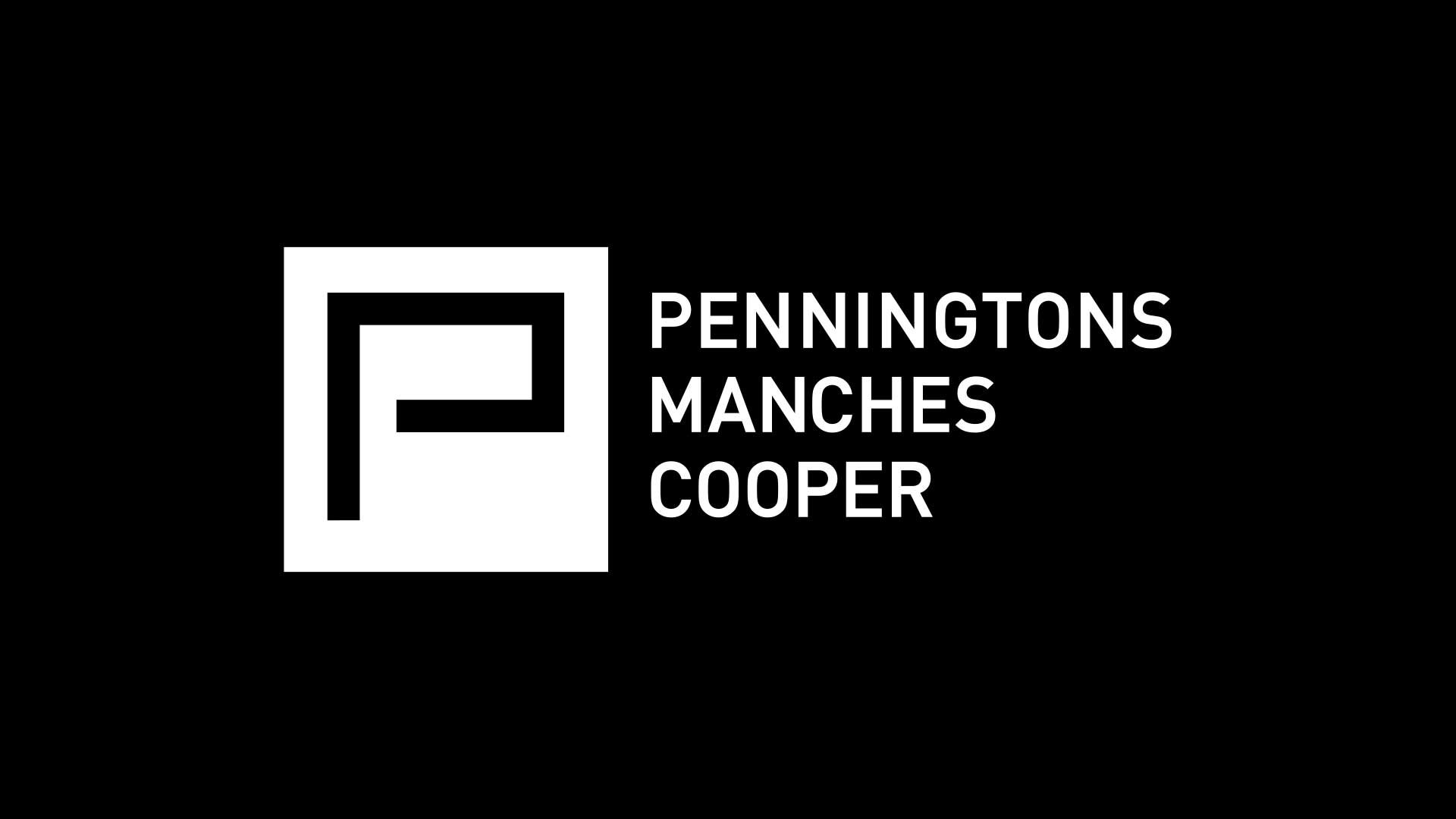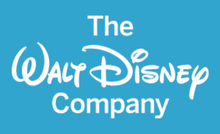Author - Lise Austen, Recruiters’ Club Manager, MyPlus
Over the last 5 years or so there has been a significant increase and much more awareness and focus on people experiencing poor mental health conditions, such as anxiety and depression, PTSD, eating disorders and personality disorders which has worsened due to the pandemic.
This is therefore a huge area of importance for employers who must be able to support employees and enable them to continue in their career and thrive, but also in terms of recruiting talent into the workplace. If your processes don't look after the wellbeing of applicants, people either aren't going to apply to you or they're not going to be successful; either way you're going to be left with that talent deficit.
With the mental health of students continuing to decline with increasing academic and social pressures, the financial burden of study and the challenge of transitioning from study into the workplace, it is in the interest of employers who have a focus on early years to create a ‘mentally healthy’ recruitment process that enables these bright, ambitious and hardworking students to demonstrate their potential and gain the employment they seek.
At our recent Webinar aimed at helping employers understand how to create a mentally healthy recruitment process for early years we were joined by Farimah Derbyshire, Head of Programs at The City Mental Health Alliance's (CMHA). CMHA work with businesses to help them to support the positive mental health of their young people.
Mental health of young people is not a niche issue according to research conducted by CMHA just before the pandemic. Around 76% of young job seekers say that they have experienced poor mental health including:
Anxiety (53%)
Depression (40%)
Panic attacks (28%)
Suicide or suicidal thoughts (21%)
When asked about applying for jobs:
72% of these young job seekers think that talking to a prospective employer about a mental health issue would hurt their chances of getting a job
91% of respondents said they are more likely to apply to an employer that shows a commitment to supporting their mental health and wellbeing.
68% said they are not aware of any mental health or well-being support offered by the employers that they are applying to.
Young people feel an intense pressure to be perfect
This research is backed up by a survey conducted by Bright Network in the early part of 2021 during the pandemic. Of over 15,000 of their members who participated they found that:
48% of graduates will actively research a company’s commitment to diversity before applying.
67% think employers are not doing enough to support their employee’s mental wellbeing.
Seeing what an employer does to support wellbeing is important for graduates, but 2 in 3 don’t perceive employers as currently doing enough.
So, the upshot of all this research is that we have a situation where young people have a high reported incidence for poor mental health, yet they are worried about speaking up to their future employers. They are living with a significant amount of stigma and they are actively looking for employers to offer them support; they are more likely to apply to the employers that show that they are supportive and proactive in this space.
Ensuring that we create a culture that is supportive of good mental health and understand how to create a mentally healthy recruitment process, particularly with the effects of the pandemic is therefore vital for employers.
As part of their ‘Early Careers Mental Health Program’ CMHA have developed ‘8 standards for mentally healthy recruitment and induction in early careers’ based on member good practice, input from business and inclusion experts, mental health experts and importantly young people with lived experience. This simple roadmap highlights how to design a mentally healthy recruitment and induction process accelerating the journey to building mentally healthy workplaces, with a key area of focus being the mental health of young people in their early careers and how the mental health of graduates, apprentices and school leavers can be supported as they make that often stressful transition from education into the workplace.
CMHA Standards for Mentally Healthy Recruitment and Induction in Early Careers
Challenging the intense pressure to be perfect
Demonstrate an open culture, which is supportive of good mental health, throughout the recruitment process
Have a consistent process for offering recruitment adjustments for mental health reasons
Design the recruitment process to support the positive mental health of all candidates
Provide support, resources and training to recruitment teams
Make mental health and wellbeing part of the induction
Measure progress and impact
Be committed to supporting the positive mental health of all employees
Find out more about The City Mental Health Alliance.
MyPlus regularly run events for employers focused on Mental health and recruitment. Our 22nd September virtual Disability Café is aimed at helping employers understand the pressures and anxieties that are experienced in the transition from education to employment, and how to provide the support required to enable individuals to excel in the tough environments that they will invariably find themselves in. For further details visit our Events Calendar page.
Event places are complimentary for our Recruiters’ Club members. Non-members can also purchase places for £95 plus VAT. Further details are available on our Recruiters’ Club page.
